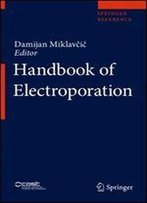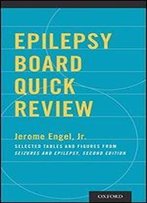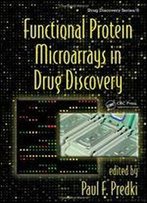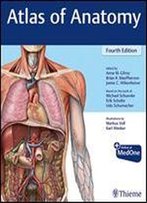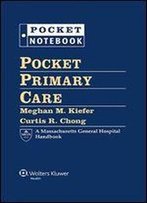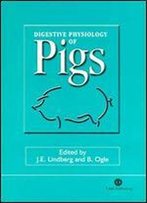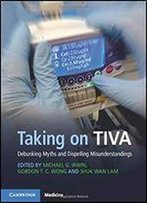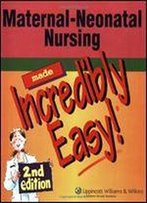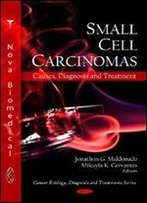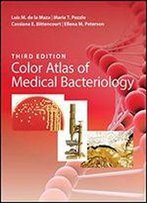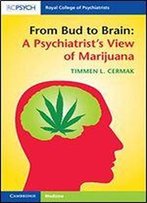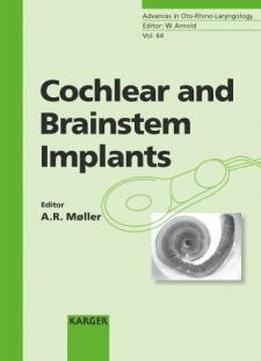
Cochlear And Brainstem Implants (advances In Oto-rhino-laryngology)
by Aage R. Mller /
2006 / English / PDF
7 MB Download
Today, cochlear implants are the most successful of all prostheses
of the nervous system. They are used in individuals who are deaf or
suffer from a severe hearing deficiency caused by loss of cochlear
hair cells. Auditory brainstem implants provide stimulation of the
cochlear nucleus and are used in patients with an auditory nerve
dysfunction, a deformed cochlea which does not allow cochlear
implantation, or traumatic auditory nerve injury. In this volume,
different aspects of cochlear implantation such as the role of
neural plasticity, the interaction with the development of the
auditory system, and the optimal time of implantation in children
(sensitive periods) are discussed in detail. Further, the
processors and the algorithms used in modern cochlear implants are
described. The second part is devoted to auditory brainstem
implants. It describes surgical techniques, methods for
intraoperative testing as well as speech processing. It also deals
with electrical stimulation of neural tissue and the
neurophysiologic basis for cochlear and brainstem implants. The
publication provides the latest scientific and clinical knowledge
on cochlear and brainstem implants and is highly recommended to
audiologists, otolaryngologists and also neurosurgeons.
Today, cochlear implants are the most successful of all prostheses
of the nervous system. They are used in individuals who are deaf or
suffer from a severe hearing deficiency caused by loss of cochlear
hair cells. Auditory brainstem implants provide stimulation of the
cochlear nucleus and are used in patients with an auditory nerve
dysfunction, a deformed cochlea which does not allow cochlear
implantation, or traumatic auditory nerve injury. In this volume,
different aspects of cochlear implantation such as the role of
neural plasticity, the interaction with the development of the
auditory system, and the optimal time of implantation in children
(sensitive periods) are discussed in detail. Further, the
processors and the algorithms used in modern cochlear implants are
described. The second part is devoted to auditory brainstem
implants. It describes surgical techniques, methods for
intraoperative testing as well as speech processing. It also deals
with electrical stimulation of neural tissue and the
neurophysiologic basis for cochlear and brainstem implants. The
publication provides the latest scientific and clinical knowledge
on cochlear and brainstem implants and is highly recommended to
audiologists, otolaryngologists and also neurosurgeons.
